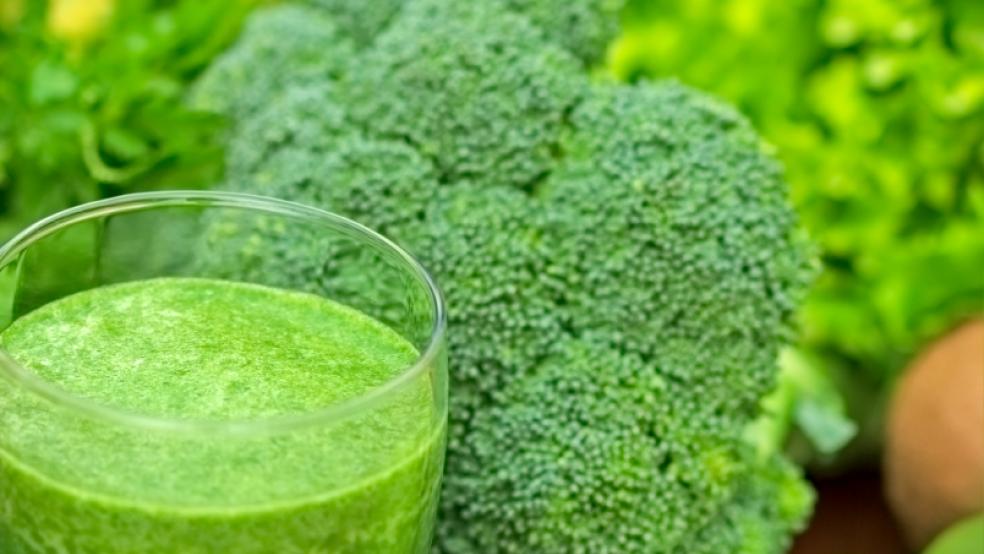Stressed out about fat and sugar in your food? Worried about all those GMOs? With people increasingly concerned about where their food comes from, how it’s grown, and how it’s processed, a focus on clean and safe food seems, well, only natural. But what happens when that concern becomes an obsession?
“We’re clean eating our way to new eating disorders,” Mary Elizabeth Williams wrote earlier this year in Salon about orthorexia nervosa, an increasingly common eating disorder. Unlike anorexia, in which the focus is on how much you eat, orthorexia is defined by an obsession with the quality of the food you eat.
Orthorexics often have a long list of foods and ingredients to avoid. It’s not unusual for them to ban entire food groups from their diets. Typical offenders include sugar, salt, dairy, wheat gluten, yeast, soy, corn, caffeine, and starchy fruits and vegetables. Acceptable foods are “pure,” with no chemical additives or artificial colors and flavors, and zero exposure to pesticides and herbicides. Orthorexics sometimes cut out so many “bad” foods that there aren’t enough good foods left to eat.
The term orthorexia was first coined by Dr. Steven Bratman in 1997 to describe his own eating problems. He describes orthorexia as “an emotionally disturbed, self-punishing relationship with food that involves a progressively shrinking universe of foods deemed acceptable. A gradual constriction of many other dimensions of life occurs so that thinking about healthy food can becomes the central theme of almost every moment of the day … This may result in social isolation, psychological disturbance and even, possibly, physical harm.”
Related: Gluten-Free Food Labels Finally Have Teeth
Years ago, it was not unusual for doctors to diagnose orthorexia as a form of obsessive-compulsive disorder or under the umbrella term EDNOS, for “eating disorders not otherwise recognized.” In recent years, the orthorexia diagnosis has become more mainstream, with some nutritionists and therapists calling for it to be included in the American Psychiatric Association’s “Diagnostic and Statistical Manual of Mental Disorders.”
As the number of people affected by orthorexia continues to grow, more researchers are looking into the illness. It can affect both men and women, with young women being particularly vulnerable.
As with other eating disorders, the rigid and ritualized relationship with food found in orthorexia is a coping mechanism for managing difficult emotions. If you’re experiencing powerful anxiety over the chaotic state of the world, strictly monitoring the food you eat offers a way to feel more in control.
Related: Behind Every Successful Woman, There’s a Clock
With orthorexia, fears about the safety of our food supply are real but the response is extreme. After all, there are people who live with food allergies and sensitivities. But when worries about food start creating unrealistic expectations about perfect health, the very measures we take to safeguard our bodies can damage us, both physically and emotionally.
That’s the realization that Jordan Younger, who blogged as The Blonde Vegan, came to last year. Her strict, plant-based diet had damaged her health and derailed her life. Over time, she found a healthier way to eat and live and remade herself as The Balanced Blonde. Her book, “Breaking Vegan: One Woman’s Journey from Veganism, Extreme Dieting, and Orthorexia to a More Balanced Life,” will be published in November.
How can you tell if you or a loved one is slipping into dangerous territory? An “all or nothing” approach signals the kind of rigid thinking that can lead to an eating disorder. If you’re spending hours strolling the aisles of Whole Foods ceaselessly worrying about what’s safe to consume and feeling that nothing is clean or pure enough, you may be on the path to an unhealthy obsession with clean eating.
Top Reads from The Fiscal Times


